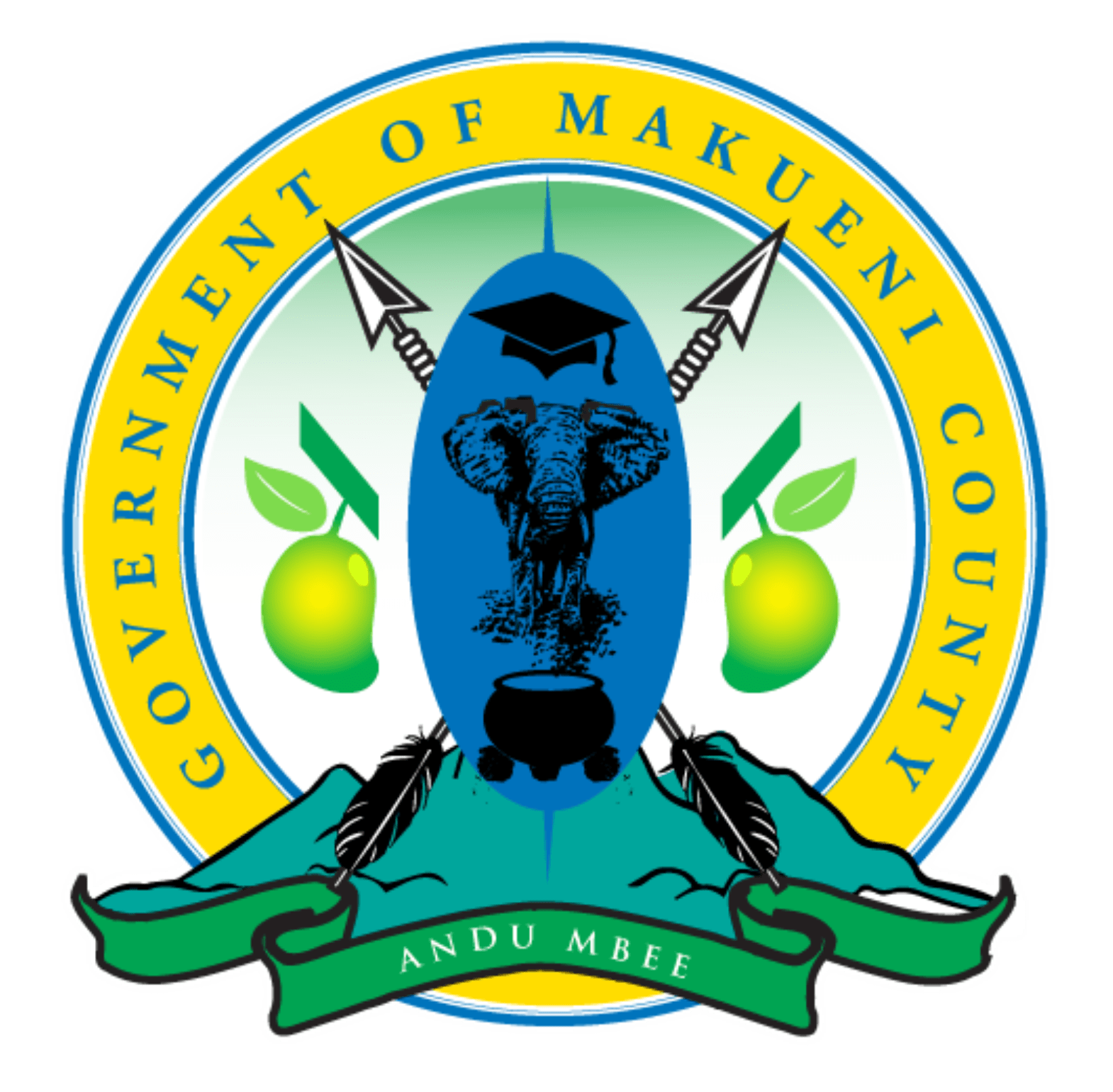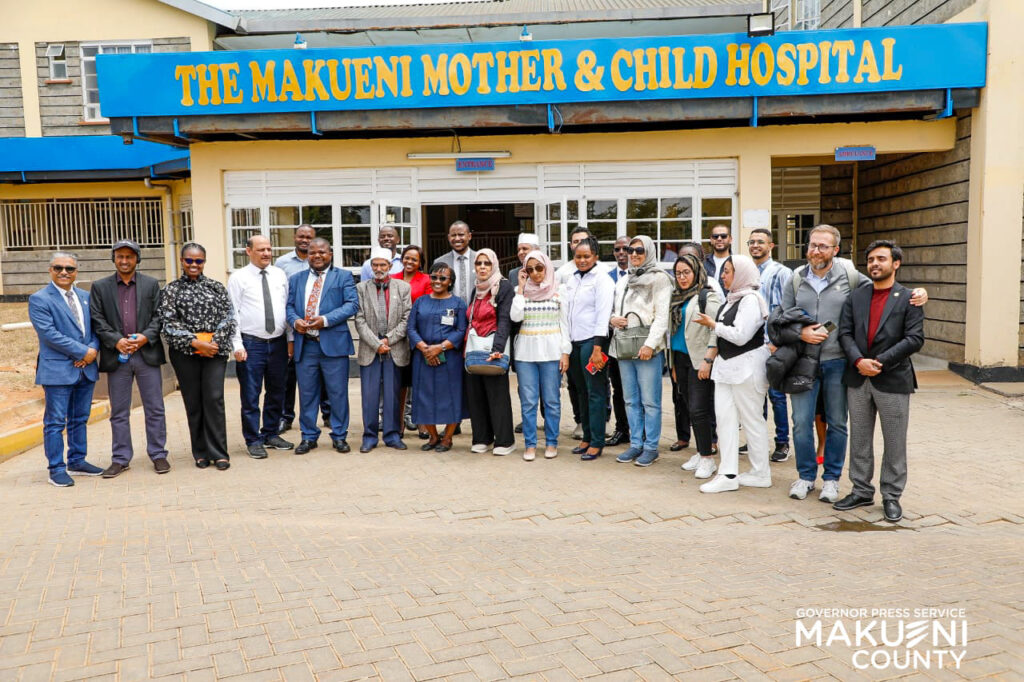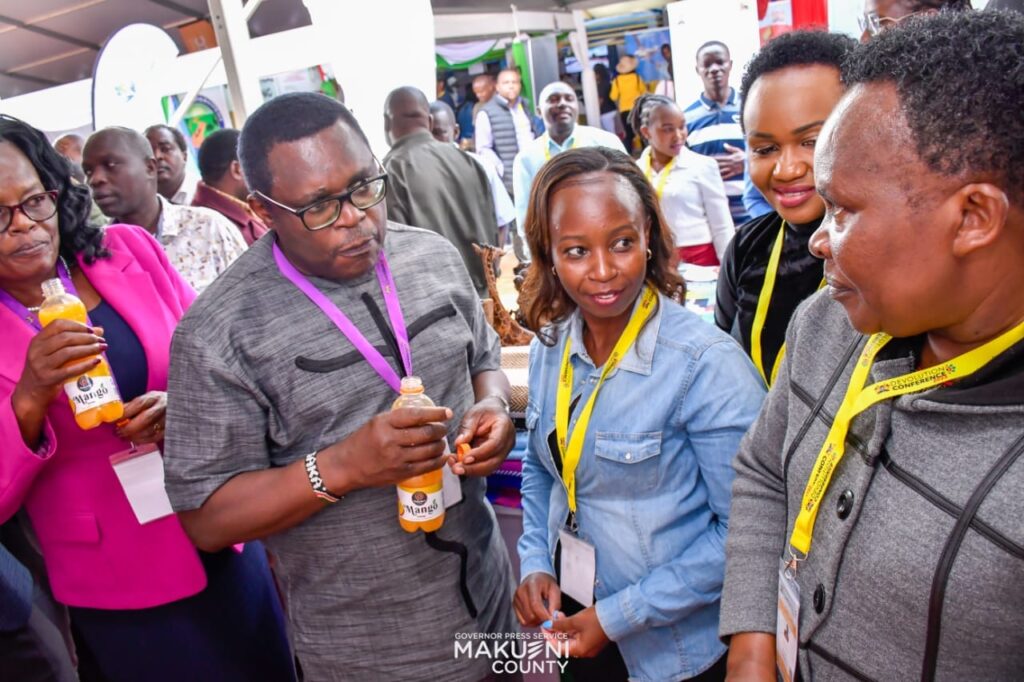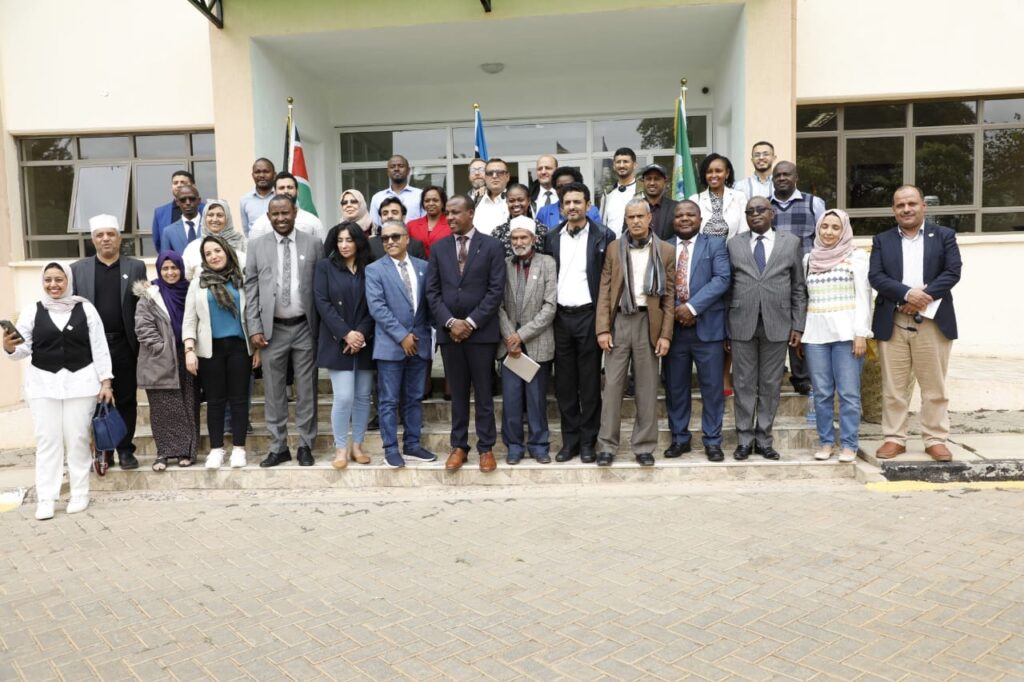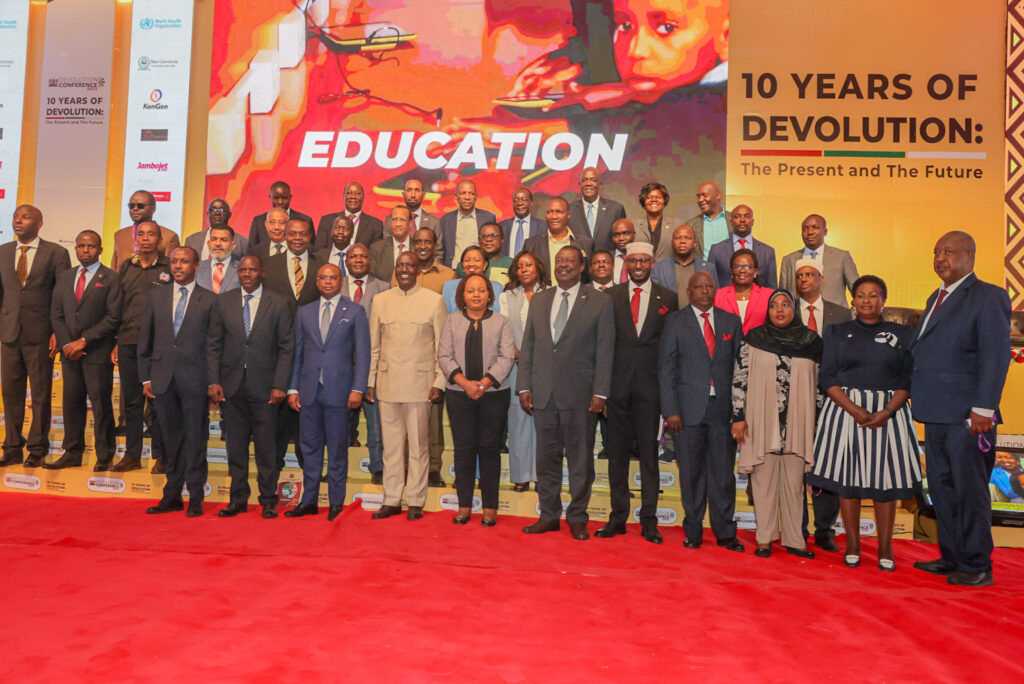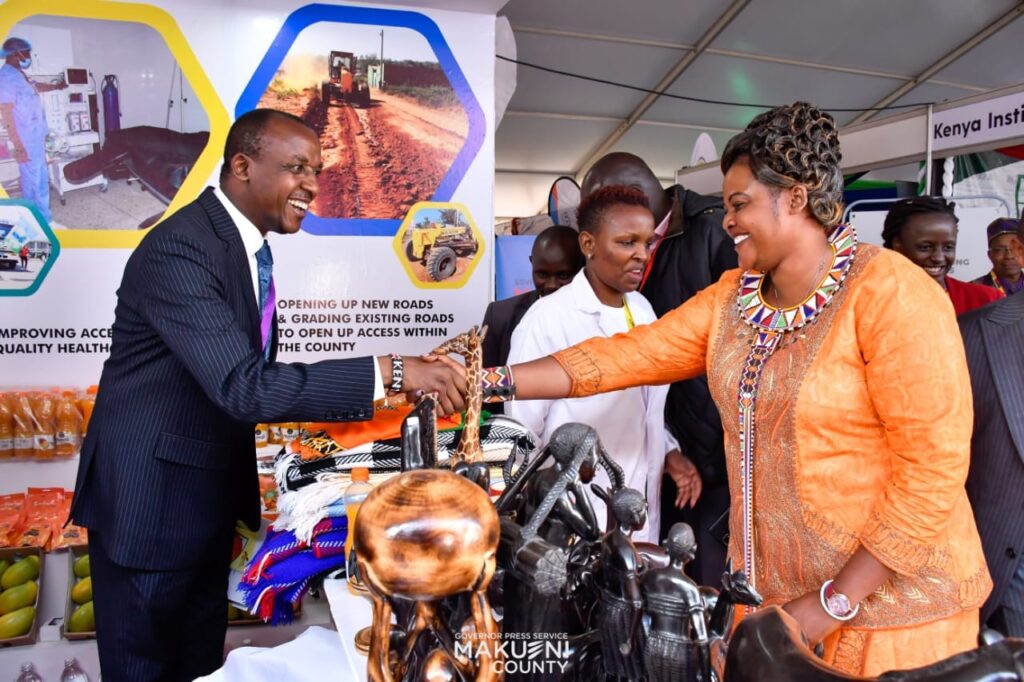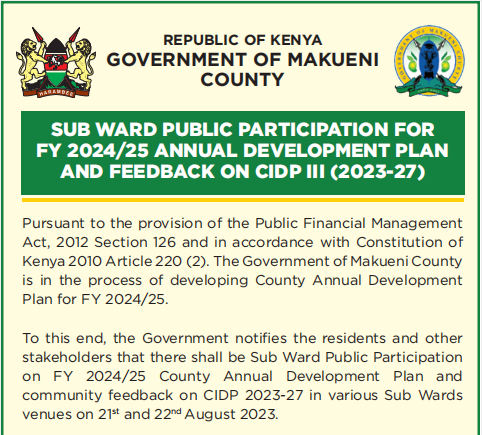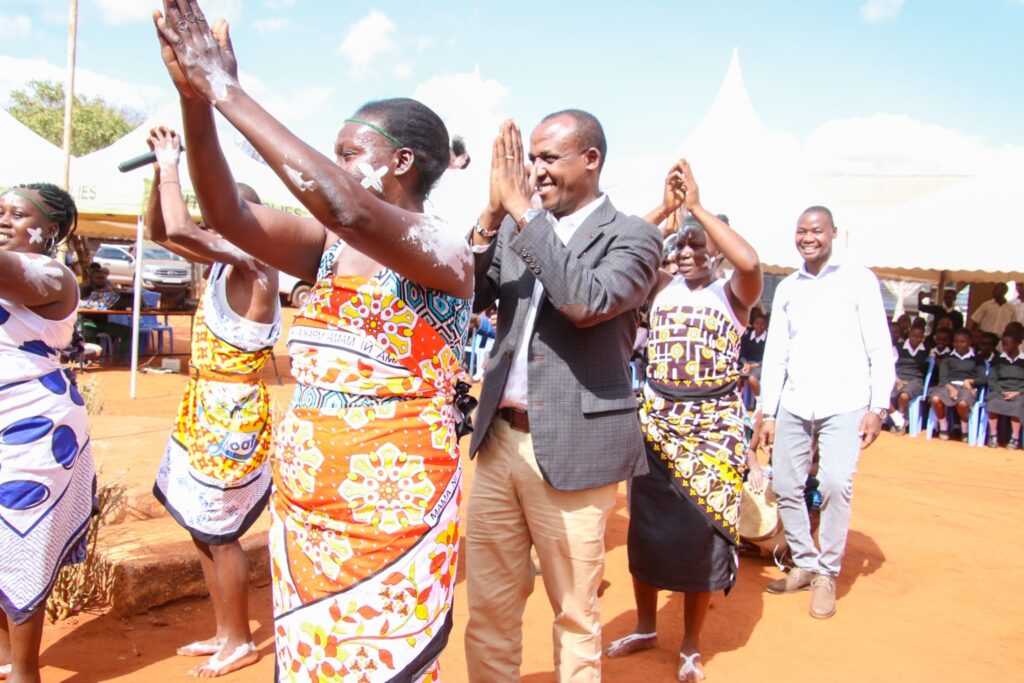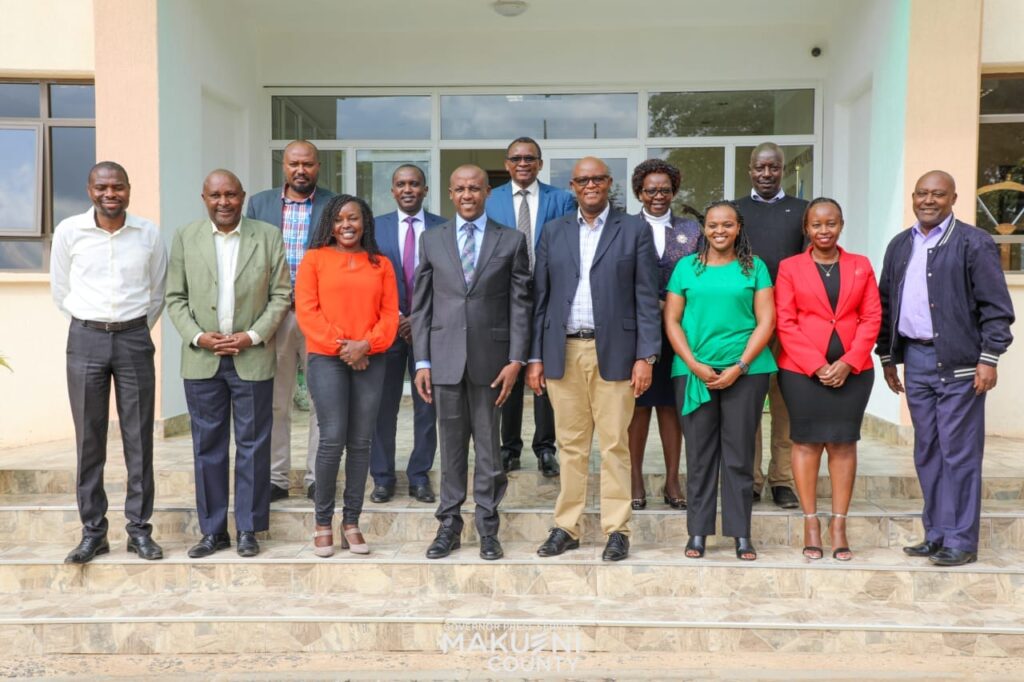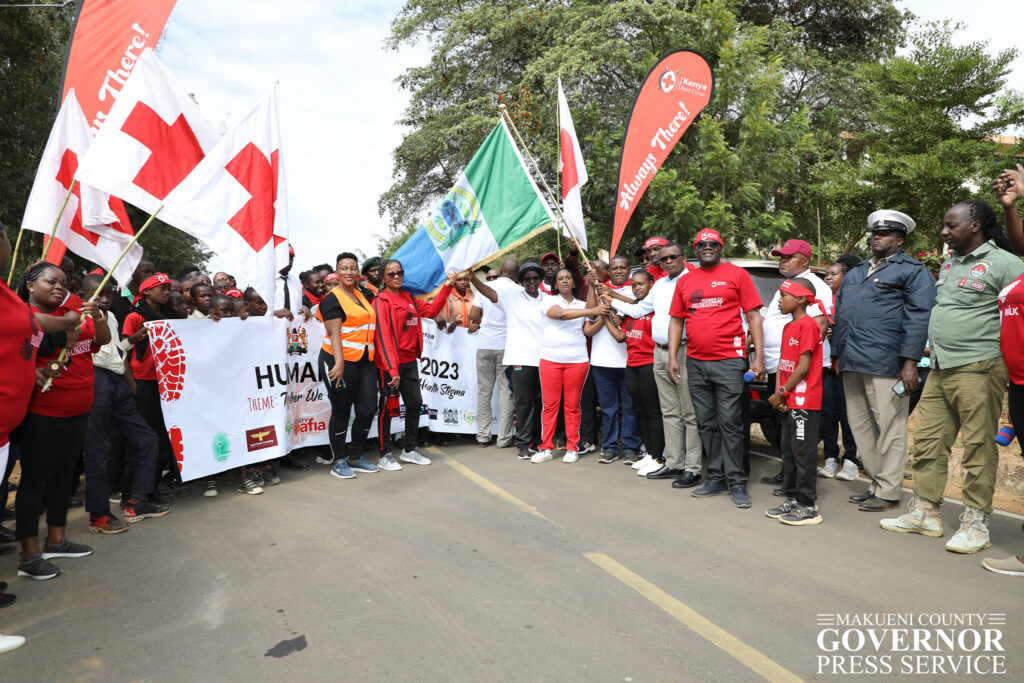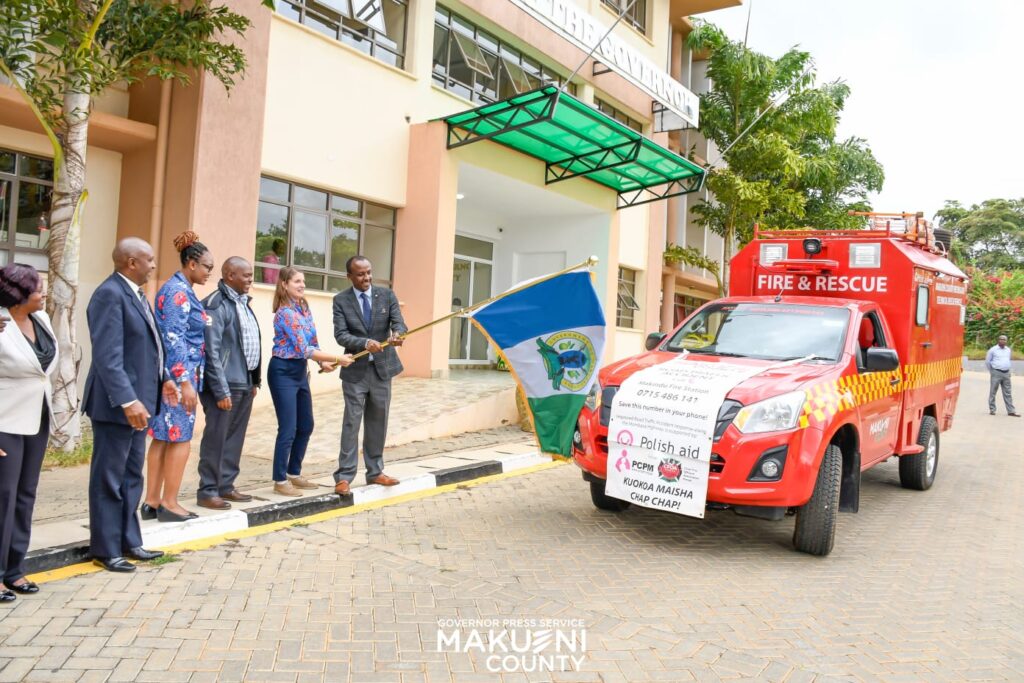Yemeni experts keen on Makueni’s Agricultural and Health innovations as they conclude their tour
A delegation of Yemeni nationals that yesterday embarked on a day-long knowledge-sharing journey of Makueni County to gain insights into the region’s prosperity in how devolution works has concluded its tour.
The group that was on Thursday received by H.E governor Mutula Kilonzo Jnr before conducting a comprehensive tour of the Mother and Child unit, the Iviani farm and finally to the Kalamba fruit processing and manufacturing Plant says they sought to understand the governor’s ideologies in running the County that could be applied back in their own country.
The Yemeni delegation composed of top lawyers, lecturers of leading universities, activists amongst others who make the National Survey Committee.
During their tour of Makueni mother and child hospital the visitors were impressed by the health information systems and daily routine services offered in the facility.
At Iviani farm, the delegates were enthralled by the young farmer’s efforts in value-addition where ripe mangoes are turned into crisps for local consumption and export.
While at Kalamba Fruit processing factory, the nationals witnessed the entire process –from sorting mangoes, processing and to packaging of juice. The visitors were keen on the facility’s advanced technologies and quality control measures in the factory.



